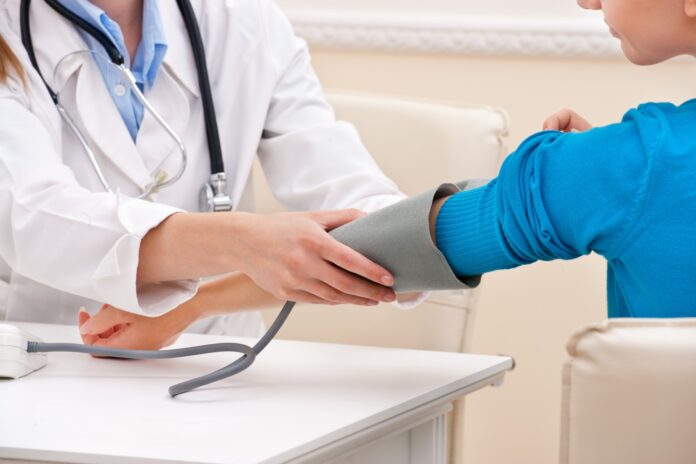Residents throughout the Sunshine Coast are becoming increasingly frustrated that an appointment to see a doctor can take up to six weeks, while many GPs and medical centres have “closed the books” on accepting new patients.
Montville’s Ochre Heath closed its doors in January after a five-month search for staff due to a “shortage in doctors”.
But the severe decline in GP numbers, especially since COVID-19, isn’t just a problem in hinterland towns.
It seems even the sun, surf, sand and services of the coastal areas of the Sunshine Coast are no longer enough incentive to attract general practice doctors to growing areas and stay abreast of population numbers.
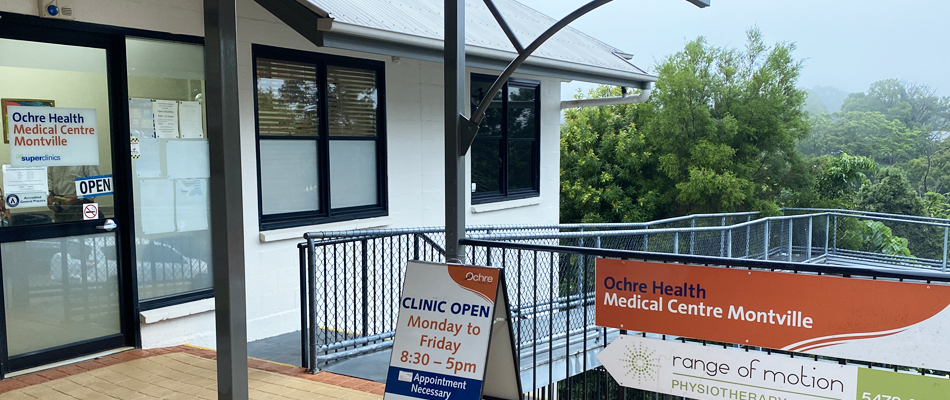
Sunshine Coast Local Medical Association president Roger Faint has highlighted a much wider problem.
Dr Faint said the whole region was “awfully under-doctored”, particularly with regard to GPs.
And the situation would only worsen – with population growth over the coming years and the increasing complexity of general practice associated with an ageing population – if the issue was not urgently addressed.
He said the situation had become “much worse” in the past two years.
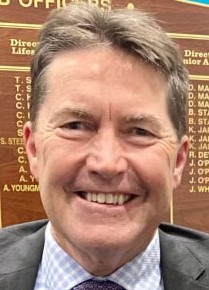
Do you have an opinion to share? Submit a Letter to the Editor at Sunshine Coast News via news@sunshinecoastnews.com.au. You must include your name and suburb.
“It’s certainly happened since COVID. That’s really exposed the fact that we’re not training enough GPs,” he said.
“There’s about 15 per cent of medical graduates who have expressed interest in doing general practice. We used to say about 50 per cent or more had an interest.
“The underlying, very challenging issue is that the gloss has been taken out of general practice.
“There’s a few reasons for that. One of them is the Medicare (rebate) freeze and that the income for GPs has dropped dramatically over the last 10 years.
“And then in terms of training … I’ll give you an example of my daughter (in the public hospital system). She starts on $80,000-$90,000 a year – probably a little bit more with overtime, which is pretty good money for first or second year.
“But if you then want to go back and do GP training, you drop back to $60,000-$70,000 a year for four or five years. And a lot of people now are older graduates, so they have a family or a loan.
“So, of course, the idea of leaving the hospital system to go and do general practice is very challenging for them. They are staying in the hospital system and doing other specialties.”
The Medicare rebate freeze was introduced in 2013 as a temporary budgetary measure, was reimposed by the Coalition in 2014 and remains today. The freeze means that medical professionals are reimbursed today to the same degree as they were in 2014 and patients have higher out-of-pocket expenses. Some practices have closed, unable to absorb higher costs.

Dr Faint said his own Buderim Marketplace Medical Centre had been among those general practices affected.
“We’ve been trying to get someone (another GP) for 12 months and can’t get anyone,” he said.
“We’d had someone come momentarily and then they found a better, higher percentage rate down at Kawana.
Local journalists supporting local people. Help keep independent and fair Sunshine Coast news coming by subscribing to our FREE daily news feed. All it requires is your name and email at the bottom of this article.
“At our practice and other practices, it’s two, three, four, five or six weeks to get in to see a GP.
“We’ve closed our books. No new patients are coming into our practice.
“I don’t think there’s anyone in Buderim that you can make an appointment with.
“It’s all pretty awful, really.”
The hangover from COVID had hit GP numbers in other ways, also.

Dr Faint said fewer medical students were venturing far from home to take on roles, and GPs and other medical staff were relocating less often.
While numbers of internationally trained doctors practising in Australia were growing slowly since Australia ended its major COVID restrictions and opened its international borders in July 2022, other factors were coming into play to compound the problem.
“A surprising number of doctors used to come from overseas,” Dr Faint said.
“That’s slowly ramping up but it just takes time for people to get their confidence back and travel again.
“(In the past) if you came from overseas, you had to do a moratorium which was like 10 years or so in the bush.
“The government took that away. Of course, all these doctors started coming into metropolitan areas.
“So, we’re still short.”
Help us deliver more news by registering for our FREE daily news feed. All it requires is your name and email at the bottom of this article.
Dr Faint said he would like to see Queensland adopt a similar model to the one operating in Tasmania that goes some way towards rectifying financial obstacles for training GP registrars.
“Down in Tasmania, they have actually come up with a statewide ‘basic wage’, if you like,” he said.
“It’s the State Junior Hospital Award. That means you still get sick leave, you get study leave, you get what they pay the junior hospital doctors (while in the general practice area).
“The state government must be subsidising that income for these young doctors while they’re studying.
“When you’re in general practice, because you’re not a public servant or not employed by a company, you don’t get the study leave and the sick leave and other things.
“(Tasmania) is addressing that, which obviously is a lot more encouraging and supportive.
“Tasmania has been very hard hit by the lack of doctors. And that’s why they certainly have had to address it.
“Tassie is a very good example of what can be achieved.”
The nation’s peak medical body, the Australian Medical Association, warned in June this year that general practitioners have been undervalued by successive governments, with the country now paying the price for “decades of neglect”.
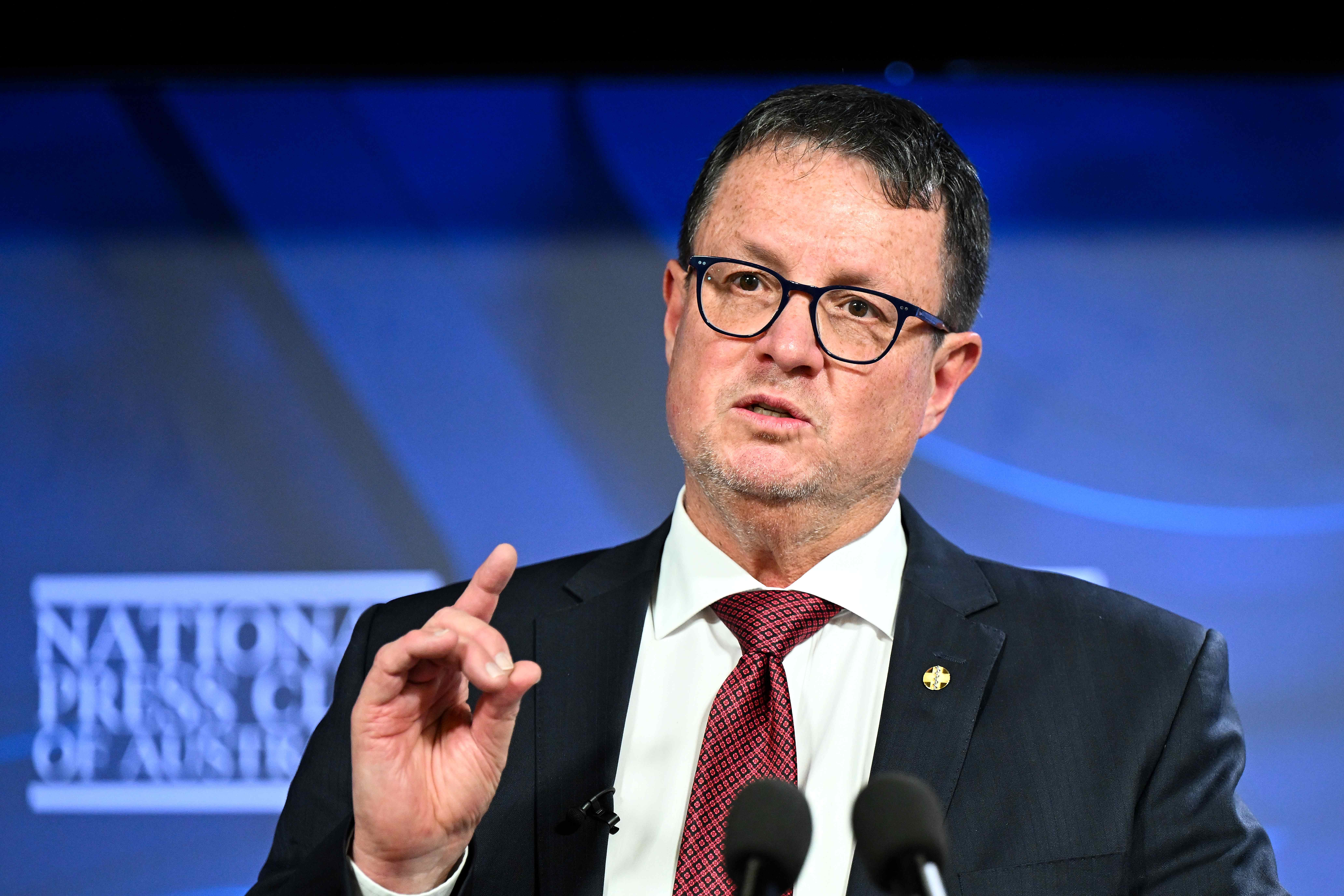
After the release of a report calling for an overhaul in how investment in health care was framed, AMA president Steve Robson told the National Press Club the lack of graduate doctors choosing to become GPs was “a key issue for the country”.
Professor Robson said research showed Australia was likely to experience a shortage of more than 10,000 full-time general practitioners.
“We have to say we value it, and one of the messages that successive governments have delivered to GPs is ‘we don’t value you’,” he said at the time.
“Making sure that our jobs are not in a situation where to actually turn a living you have to see patient after patient … but funded in such a way that you can actually sit down and spend time with a patient.”
The AMA report stated that patients were now waiting longer than ever for care, due to health workforce shortages, increased demand for care and a backlog greatly worsened by the pandemic.
Media this week reported that Brisbane GP clinic Evercare’s new subscription-style payment model – charging patients a minimum of $1.50 a day for priority access to doctors, appointments and after-hours care – was in response to a need to provide priority access to doctors while also alleviating operational costs.
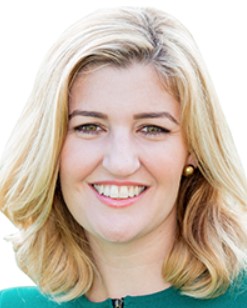
Health Minister Shannon Fentiman said a global workforce shortage was impacting health services around the world “and Queensland is not immune”.
“The federal government recently announced additional funding to their John Flynn Prevocational Doctor Program to fund new primary care rotations that boost the training capacity for the next generation of doctors,” she said.
“This means that 340 junior Queensland Health doctors will have the chance to undertake a rotation at a rural private general practice or approved primary care facility over the next two years.
“They also fund the National Rural Generalist Scheme, which currently supports 337 rural generalist trainees across Queensland.
“The Palaszczuk Government’s Workforce Attraction Scheme is offering payments of up to $20,000 to incentivise interstate health workers to move to Queensland.
“We’re also funding upgrades to existing infrastructure at Nambour General Hospital, Caloundra Health Service and Maleny Hospital to ensure healthcare workers have the best facilities to continue delivering their world-class healthcare.
“We know how important it is to have quality living facilities available for staff, which is why we’re building better accommodation facilities for healthcare workers at Gympie Hospital.
“As Health Minister I am open to considering every solution on the table, to ensure we have a sustainable health workforce in Queensland.
“I am committed to working with our health services to make sure they are resourced appropriately to meet their community’s health needs.”
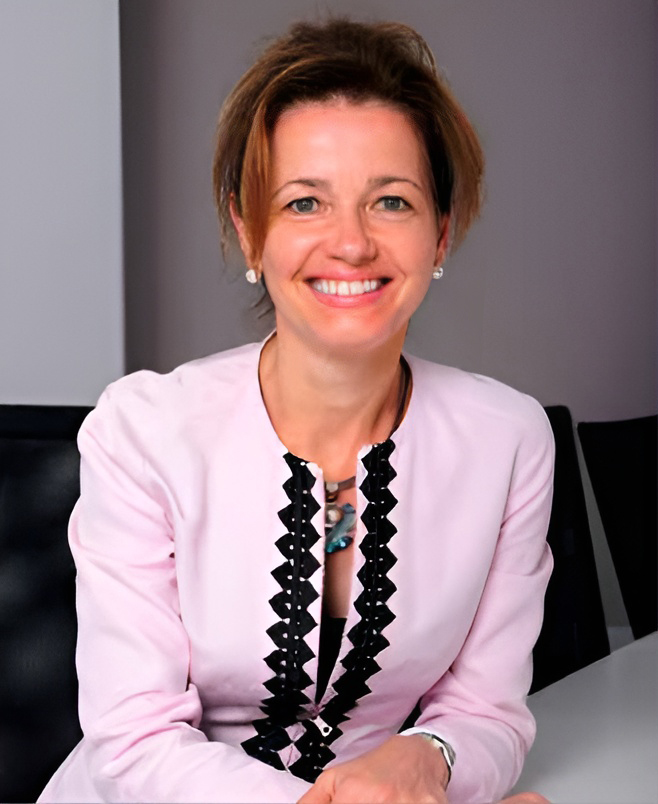
The National Rural Health Alliance chief executive Susi Tegen has welcomed the John Flynn Prevocational Doctor Program announcement, saying it will promote training opportunities for the growth of the rural medical workforce.
“We know that when doctors have opportunities to train in rural locations, they are more likely to want to stay in those areas when they finish their medical training,” she said.
Country to Coast QLD delivers Primary Health Network programs on behalf of the Commonwealth Department of Health, including supporting general practice to be a well-funded and resourced service for the health of growing communities across Central Queensland, Wide Bay and the Sunshine Coast.
It reports a network of more than 600 GPs provide care across the Sunshine Coast in coastal and hinterland regions through both face-to-face and virtual consultations.
Data from Health Workforce Queensland, for the Country to Coast PHN region, reported the general practitioner headcount as 709 in 2019, increasing by 55 to 743 in 2022.
Country to Coast QLD CEO Julie Sturgess said primary care was the first place a patient turned when they had a health concern, whether that be their local general practice, a nurse practitioner, pharmacist or allied health professional.
“CCQ acknowledges there are challenges impacting general practice each day,” she said.
“The Department of Health’s commitment to Strengthening Medicare will make it cheaper and easier to see a doctor.
“CCQ works closely with all healthcare service providers across the region to identify the areas of need and continues to improve patient access and care for our communities, ensuring people live their healthiest lives.”
Scroll down to SUBSCRIBE here for our FREE news feed, direct to your inbox daily.


